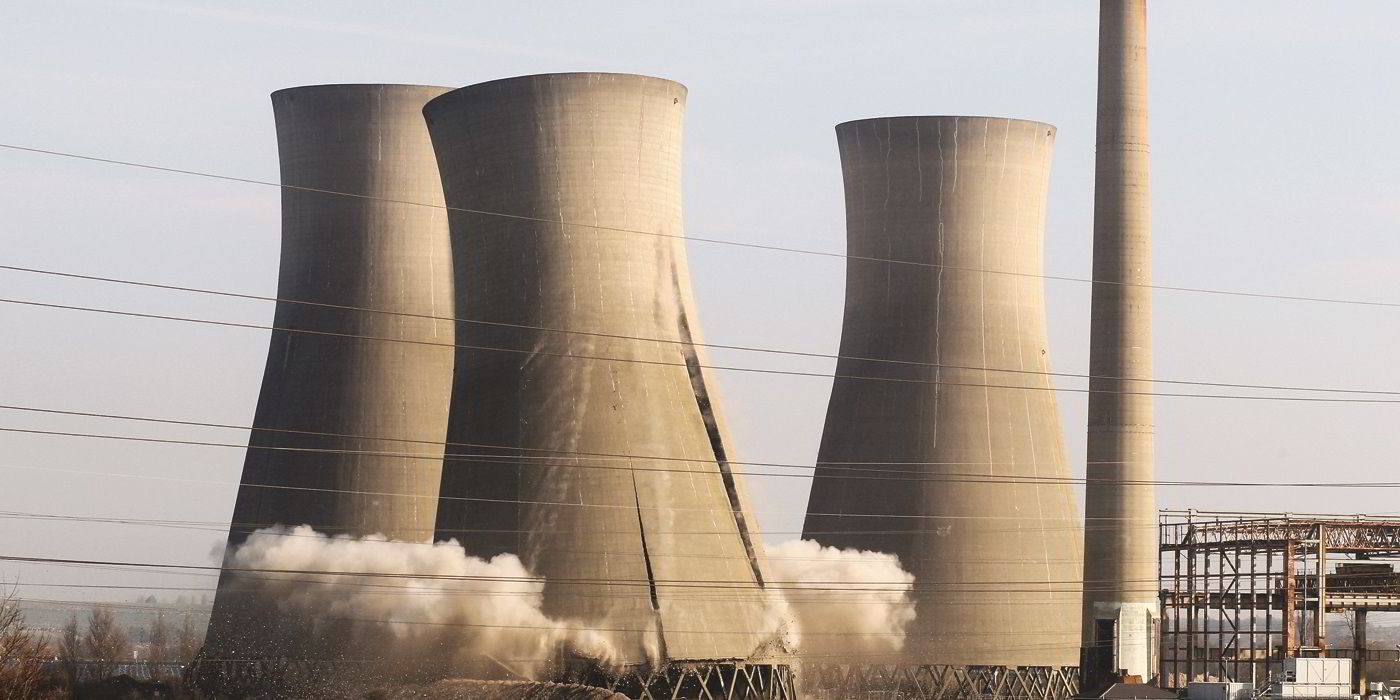Ordinary people, medium income, medium age, have their incumbent energy provider. Most are scared to change supplier even if they could save money; they continue with what they have, with what they are used to.
This is one important reason that utilities are slow (too slow) to adapt to the future of energy systems and markets. Some of them pretend to do things differently, but in the end it is more about window dressing than forging change.
I recently discussed this with the representative of a big, well-known utility. He went on and on explaining how it is preparing for the future — splitting into different companies, investing in solar and wind, taking customers seriously and much more. But at the end he concluded: we need coal.
Well, of course, as soon as he said this, everything else he had mentioned collapsed and could be seen for what it is: a misconception of the new realities, protecting the past as the way forward.
There’s a relevant precedent for the change that energy is undergoing, and you will all be familiar with it: 20 years ago, communication companies were asked about mobile communication. “Longer cables” was their answer. These companies don’t exist any more — or only in name, but for sure not with their old business models and their ancient way of thinking.
Millennials have close personal ties to global brands such as Google, Facebook, Apple and Ikea, and these companies will soon be smart enough to offer them energy solutions. Not an overpriced kWh tariff produced by dirty, inflexible coal, but anything they need when it comes to energy.
You know the sort of thing (and if you don’t, your kids will). Smartphones charged all day; electric vehicles running without thinking about the battery — charging wirelessly via induction at red traffic lights and billed automatically via an app; turning up the temperature in your flat while you’re travelling home. System reliability and sustainability will be guaranteed by a mixture of CO2-free technologies with marginal costs, such as solar, coupled with cleaner, flexible power from storage, hydro, natural gas, supply-side optimisation and more.
There won’t necessarily be different providers for heating, electricity (with multi-year contracts — what an outdated concept!) and transport, but there might be five providers in each of these segments that an app chooses as the best solution.
The trust of the next generation in these energy service providers will be a decisive factor in a changing world. You won’t think twice about switching energy supplier — it will be as natural as buying a pair of socks.
Only those utilities that truly understand the magnitude of the change to come will have a chance of surviving, some maybe as pure power-generation companies, because the new energy leaders might not want to deal with this part of the business. A few might be quick and smart enough to modify their business model in time. Many will just cease to exist.
Pure fantasy? Let’s bet on it!
Oliver Schäfer is president of SolarPower Europe, and market development and policy director at SunPower, the California PV manufacturer
